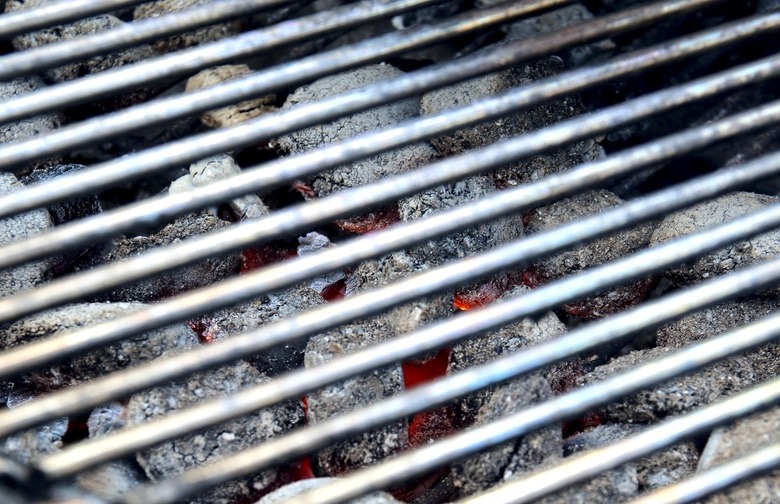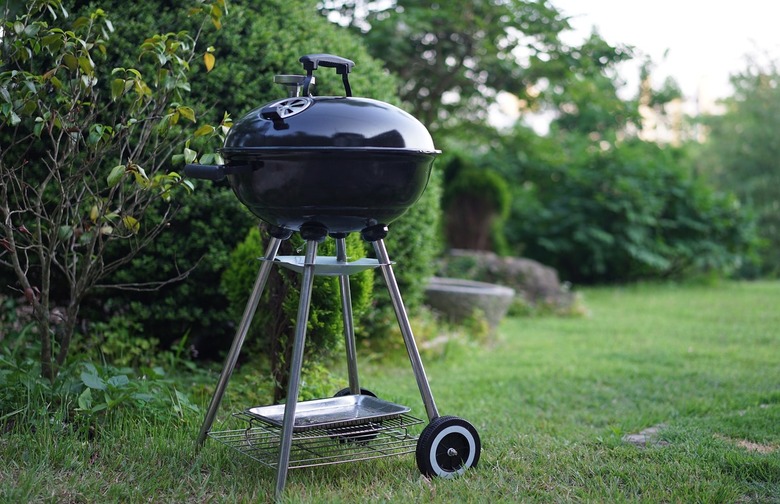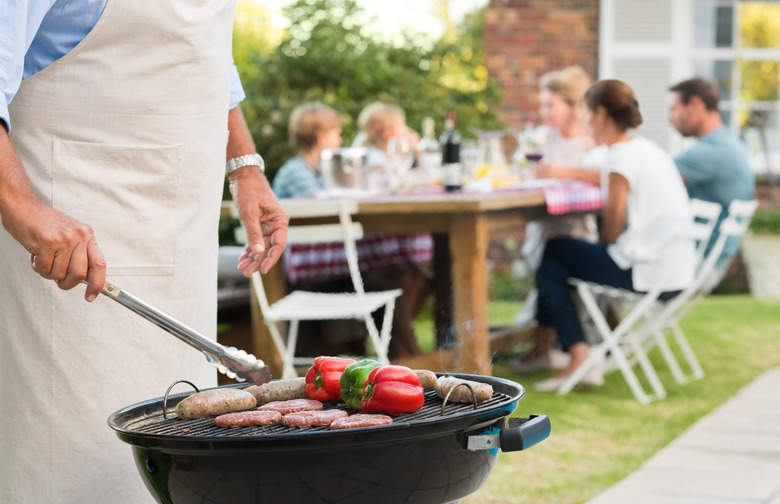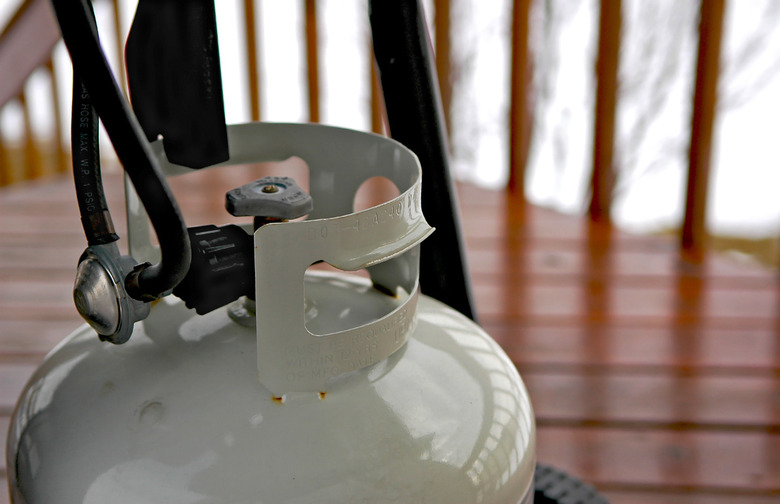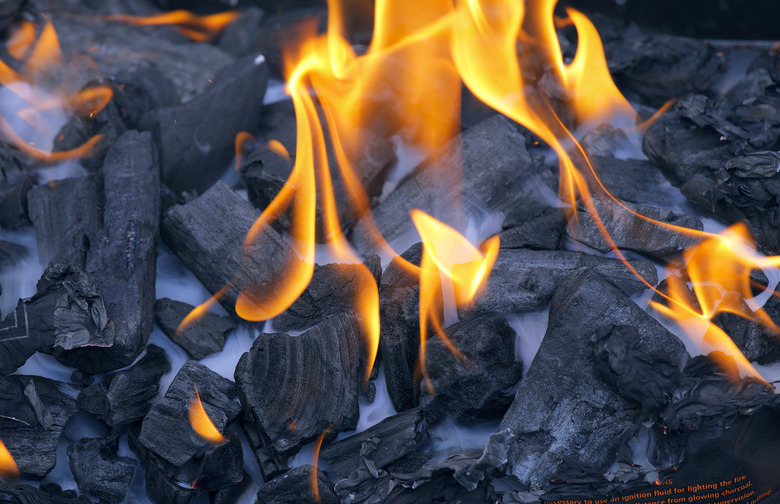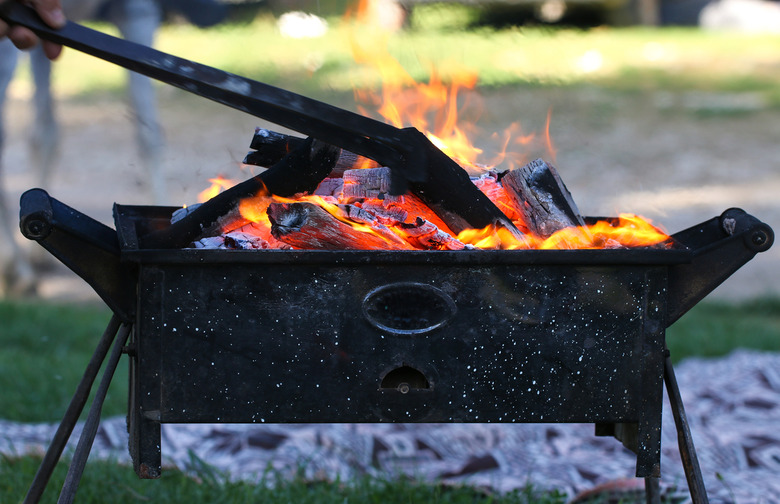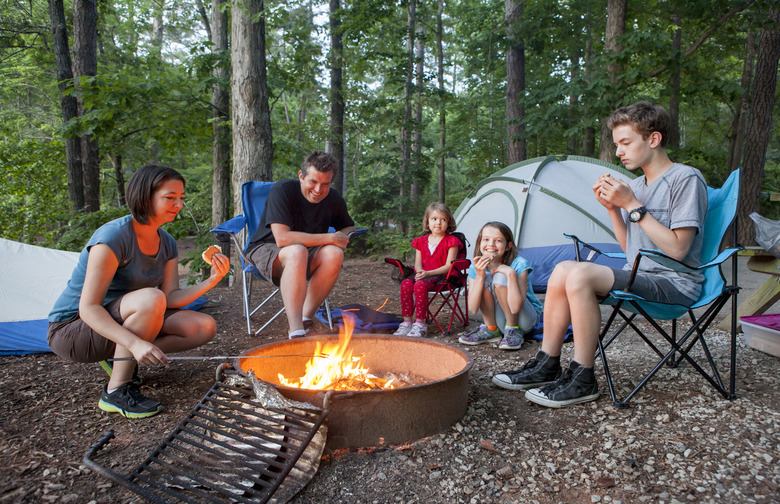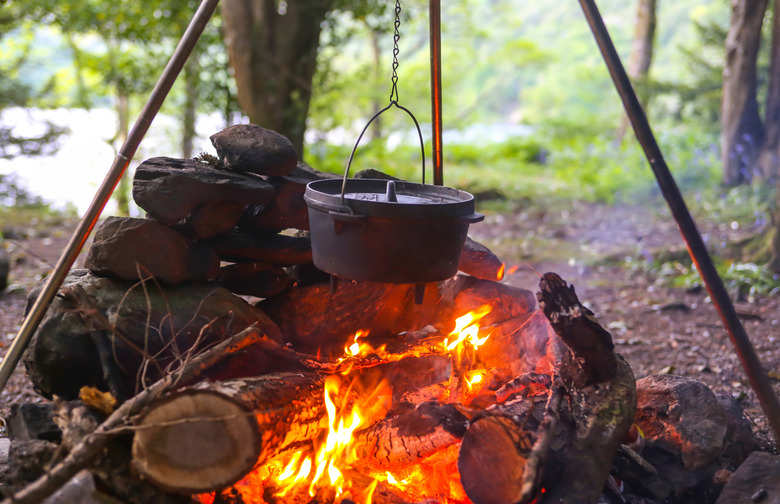8 Tips For Grilling Safely (Slideshow)
Every year, the arrival of summer marks the unofficial beginning of grilling season. Millions of Americans wipe the dust off of the grill in eager anticipation. And who can blame them? A grill makes almost any type of food taste incredible. Whether it's burgers, vegetables, or even desserts, nothing beats the smell of freshly grilled fare. Plus, grilling is as central to summer holidays, like July 4th and Labor Day, as any parade or fireworks.
However, that doesn't mean that grilling is necessarily safe. In firing up the grill, users — from grill-masters to rookies trying out new tricks — are literally playing with fire. Roughly 8,800 home fires are started by grilling accidents each year, and everyone knows that the quickest way to turn your BBQ blowout into a BBQ blowup is to accidentally light your house on fire. Not only that, but you'll end up in the emergency room, longingly looking into the bright blue sky and trying to taste that spare rib and beer that would've awaited you at home, if only you hadn't been so foolish.
That's why we've decided to compile a list of eight safety tips for all those grill masters out there. Whether you're working with propane, charcoal, or even campfires, there are certain things you can do to reduce the risk of fire. Because let's face it, you're there to cook burgers, not your house.
Set Up Your Grill
When you're preparing to kick off your big summer party, make sure that your space is properly set up. Make sure to get the grill on a flat surface—you don't want that Weber rolling away. Also, break out the grill brush and clean your grill of any leftover grease that could cause a blowup.
Prepare for Lighting
Once you've got the grill itself in working order, it's time to move on to the area around you. If you're using propane, check the hose for leaks by soaking it in soap and water. Bubbles will form where gas leaks exist. It's also important to clear the area of any hazards, material or human. Clear away any flammable items from around your grill to create some space. Humans—be they small children or over-zealous revelers — should also be kept away from the grill; some sort of "safety zone" is the best way to accomplish that.
Be the Grill-Master
Now that your station is set up, it's time to become the grill-master. The most important part of this is to never leave your grill alone. Leave that fire unattended long enough, and it'll grow until you notice it. Also make sure to remove any loose clothing that could burn, and use long-handled grilling utensils at all times — they're way safer, and are a central part to the grill-master image you're trying to give off.
Cooking With Propane
Three in five Americans own gas grills, so if you're in that 60 percent, make sure to follow these pointers. When you're lighting your grill, make sure to keep the lid open; the extra oxygen helps get your fire started and decreases the chances of a gassy fireball exploding into you. You can decrease those chances further by not leaning over the flames as you cook. Then, when it's all said and done and you've polished off that breakfast food (because why not make steak and eggs on the grill?), let the grill cool before putting any sort of cover on it.
Dealing With Lighter Fluid
Some grillers enjoy the natural flames that come with charcoal, but lighter fluid causes all sorts of headaches. Once you've got the flame going (using the lighter fluid for its intended purpose), put the stuff away and don't use it or any other flammable liquids. If the fire is low, add some dry kindling instead. Lighter fluid makes really cool flames, but those big flames can be impossible to control. Plus, if you've got meat on there, it comes out charred by the flames and tasting like, well, lighter fluid.
Using Wood Chunks
Some grilling aficionados (myself included) prefer to use wood chunks when grilling to give a better taste (and help avoid lighter fluid). In order to light it, an electric fire starter comes in handy, placed in the heart of the grill with the wood chunks around it. Once the fire is going, take the starter out and unplug it, and find it a safe place to cool down before you store it. You don't want your friends to be burned by the hot iron or your (easily fixable) poor grilling.
Campfire Chef
Sometimes you get inspired and decide to take your grilling talents to the great outdoors. When you do, just make sure you take your safety talents, too. As you clear your area, make sure to avoid low-hanging branches overhead. Be mindful of any eager children near the campfire, too. It's great to let them help out with small tasks in the cooking, but safety is still important. A great rule that I use with everyone is, "What goes in the campfire, stays in the campfire."
Campfire Cooking
Food tastes better in the outdoors, but any crash course on camp cooking for a crowd is remiss without a few safety pointers. There are many different ways to cook with a camp fire, from sausages on a spit to skillet spaghetti putanesca, but however (and whatever) you do cook, make sure to avoid hot drippy fats. If those drip into the fire, that's an easy way to ruin any little expedition. Also remember, when you're trying to impress your fellow glampers that the real heat to a fire is at the bottom in the coals. Coals cook, flames burn.

